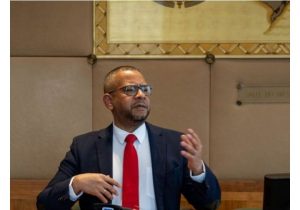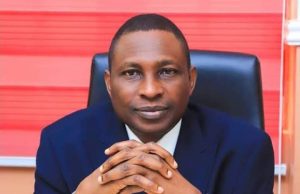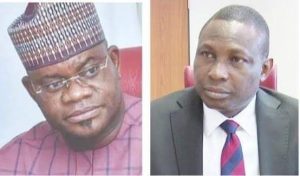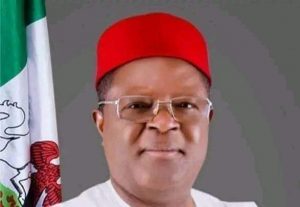Struggle for Reliable Electricity Supply: Nigeria Owes N3 Trillion in Power Sector Debts

The power supply situation in Nigeria has deteriorated significantly, marking perhaps the most challenging period in the country’s recent history. The nation is grappling with widespread blackouts, affecting every facet of life and drawing severe criticism towards the Federal Ministry of Power. After nine months at the helm, the ministry’s tendency to offer excuses rather than solutions has not gone unnoticed.
Citizens are facing the dire consequences of living without electricity, which disrupts basic necessities such as food refrigeration and significantly impacts businesses and healthcare services. The recurrent nature of these outages, despite repeated assurances from the authorities, underscores a critical need for structural reforms and investments in the energy infrastructure.
Attempting to address the mounting dissatisfaction, the federal government recently called on the leadership of two major Electricity Distribution Companies (DisCos) to explain the poor power supply in their areas. The Minister of Power, Chief Adebayo Adelabu, has even threatened to revoke the licences of underperforming DisCos, highlighting the distribution segment as the weakest link in the supply chain.
The sector’s woes are compounded by a staggering N3 trillion in inherited debts, low investment levels, and inadequate gas supply, which have led to a significant drop in power generation. Despite having the installed capacity to generate 13,000MW of electricity, Nigeria barely manages to distribute a fraction of this, with a substantial amount of potential power left stranded.
The call for the implementation of cost-reflective tariffs has fallen on deaf ears, hindering the sector’s expansion and the recouping of investments by operators. Furthermore, the shortage of gas and rampant vandalism of power infrastructure only exacerbate the situation, leading to even more frequent outages and losses for the distribution companies.
As the government pours trillions of naira into the sector and battles with the challenges of non-payment of bills by consumers, including government entities, the pressure mounts for a tangible solution. The persistent problems of vandalism, gas supply shortages, and the need for more investment have long been cited by successive administrations, raising questions about the feasibility of overcoming these challenges.
The significance of reliable electricity for national development and poverty alleviation cannot be overstated. With the current administration under scrutiny, the time for excuses is over. Nigerians demand actionable solutions to transform the power sector and ensure a stable electricity supply, crucial for both small enterprises and the larger manufacturing industry.
ThisDay News







